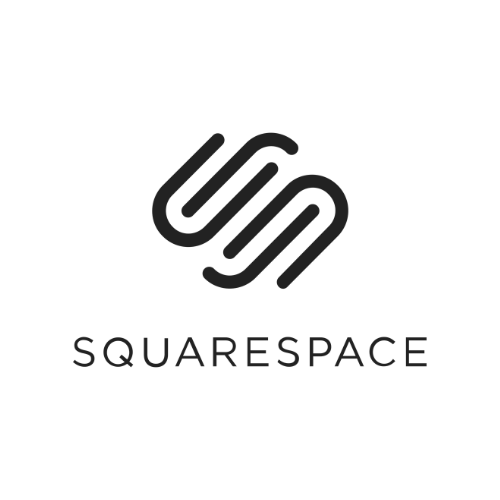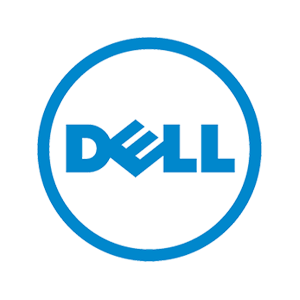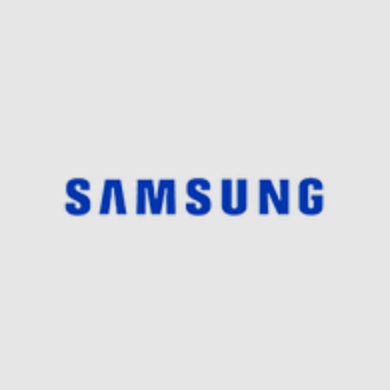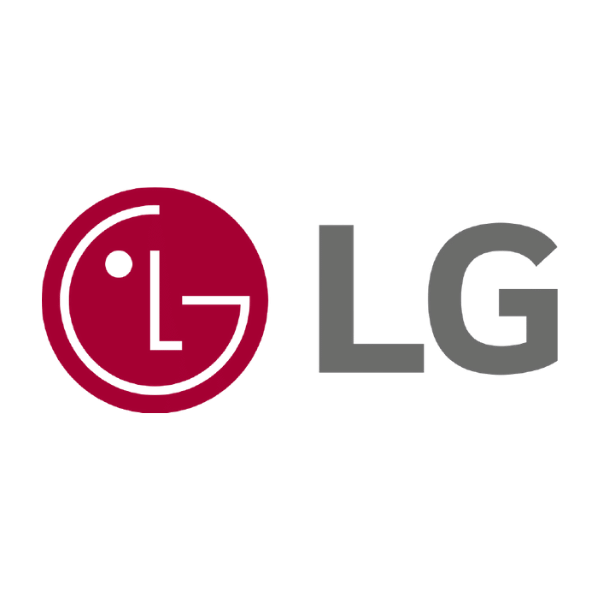 Beginning tomorrow, Beijing will ban more than one million cars from its city center, based on odd and even license plate numbers. The program is to test whether congestion and air quality can be substantially improved in time for next summer's Olympics. It's fitting that in the same week, New York City received a $354 million federal grant to achieve the same ends. New York, of course, plans to reduce traffic by charging drivers to enter the city south of 86th Street. Both cities have vast mass transportation systems. And both cities are proceeding under the belief that much of the traffic clogging their streets is discretionary and can be offloaded into mass transit. So which program will be more effective? And which is more fair to its citizens? More than one-half of all parking tickets issued in New York are to limousines and commercial trucks. These tickets are considered just part of the high-price of doing business in New York. Besides, they're often cheaper than the outrageous rates charged by parking garages. There's no question that Mayor Bloomberg's plan will raise lots of money--some of which will go to improve and expand public transportation. And indeed, London has substantially reduced traffic using a toll, which New York's plan is modeled after. Fairness, however, is another question all together.
Beginning tomorrow, Beijing will ban more than one million cars from its city center, based on odd and even license plate numbers. The program is to test whether congestion and air quality can be substantially improved in time for next summer's Olympics. It's fitting that in the same week, New York City received a $354 million federal grant to achieve the same ends. New York, of course, plans to reduce traffic by charging drivers to enter the city south of 86th Street. Both cities have vast mass transportation systems. And both cities are proceeding under the belief that much of the traffic clogging their streets is discretionary and can be offloaded into mass transit. So which program will be more effective? And which is more fair to its citizens? More than one-half of all parking tickets issued in New York are to limousines and commercial trucks. These tickets are considered just part of the high-price of doing business in New York. Besides, they're often cheaper than the outrageous rates charged by parking garages. There's no question that Mayor Bloomberg's plan will raise lots of money--some of which will go to improve and expand public transportation. And indeed, London has substantially reduced traffic using a toll, which New York's plan is modeled after. Fairness, however, is another question all together.
As Beijing and New York Ban Traffic, It's Marx Vs. Capitalism
Beginning tomorrow, Beijing will ban more than one million cars from its city center, based on odd and even license plate numbers. The program is to test whether congestion and air quality can be substantially improved in time for next summer’s Olympics. It’s fitting that in the same week, New York City received a $354 […]

















